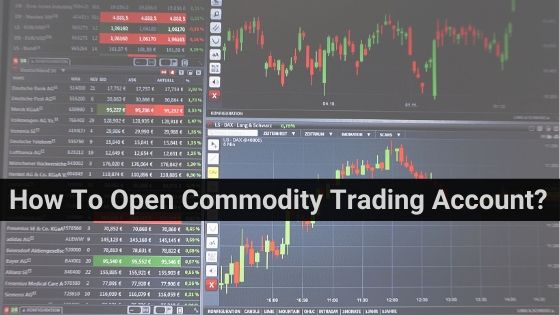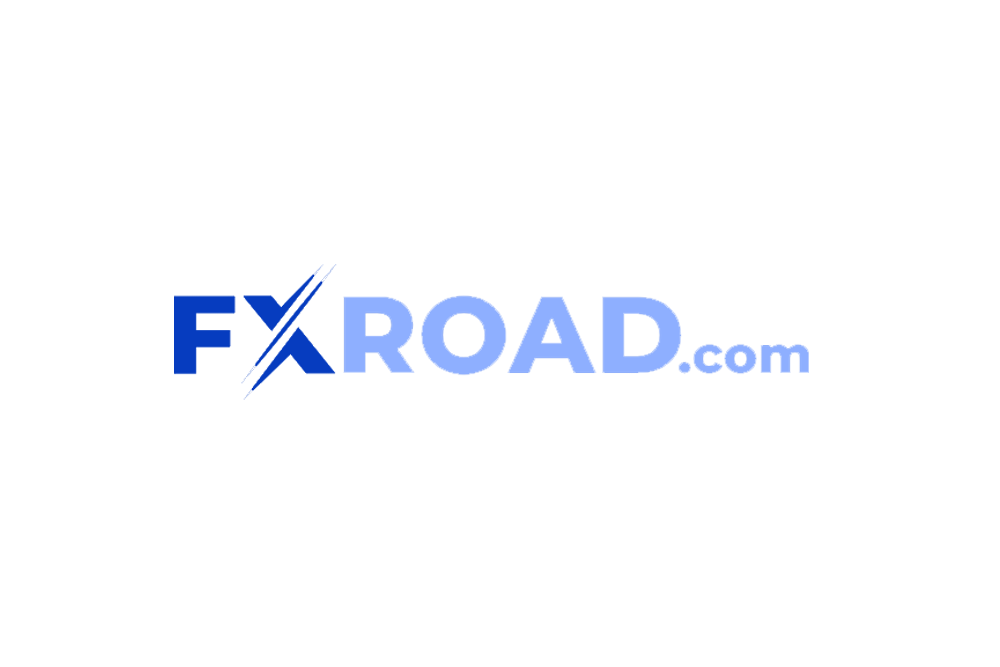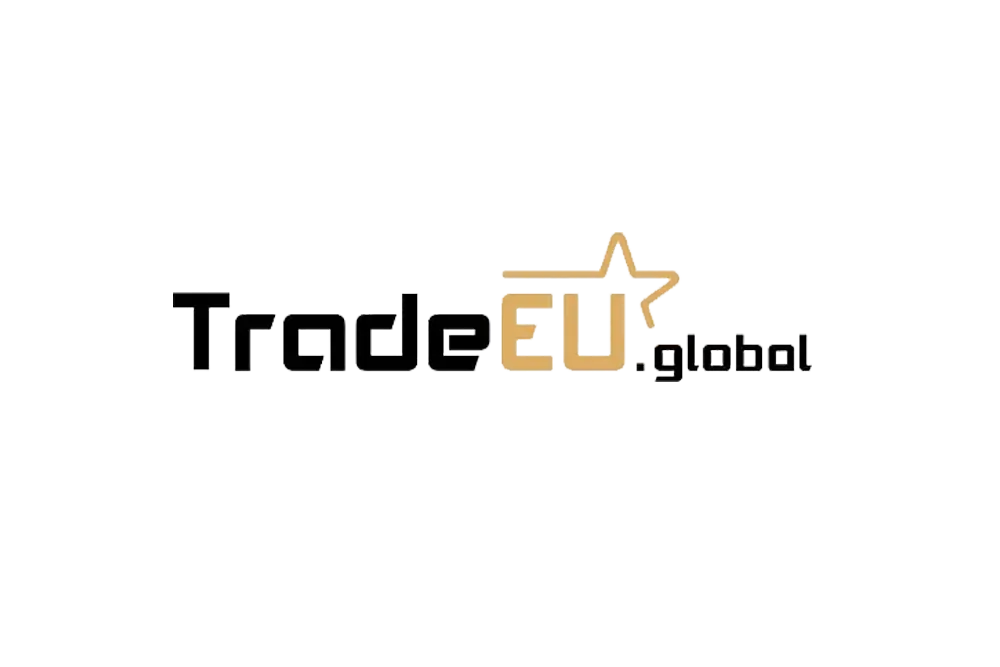How To Open Commodity Trading Account?: The best way to start commodity trading is to find a suitable commodity trader at your convenience. Once you choose the commodity broker, the next step is to open a commodity trading account. You are required to open a commodity trading account with the broker as it will enable you to trade in commodities for profit. Now here, we will illustrate some steps that you need to take to open a commodity trading account.
Open Commodity Trading Account
Complete Registration Formalities
- To register yourself with a commodity trading account like PrimeFin commodity account, you need to visit the website of the broker and fill up the online form.
- You can do this by clicking on the create account or signup option that you can find on the website.
- During the registration process of a commodity trading account, you have to submit some Id proof issued by the government.
- The personal information that the broker requires may include social security number or id card, W-9 form, and Other documents as required by your broker.
- Once you furnish the information, your account will be verified and will get in the process of activation.
Activate Your Commodity Trading Account
- After the completion of the verification process by the broker, you will receive a confirmation mail.
- In the confirmation mail, you will receive your username and password.
- You need to log in to your account with the provided username and password.
- Once you log in you can access the dashboard where you can find all options and information about commodity trading.
- You have to use a dashboard to conduct commodity trade.
- Additionally, you can also Try out the tools and services offered by your broker.
Deposit Money into Commodity Trading Account
- Now that your trading account is fully functional, it is time to deposit the desired sum of money to start trading.
- You can deposit money via bank cheque, cash, debit, or credit card.
- You can also use electronic fund transfer or an online banking facility to monetize your account.
- Once you have transferred money, you can check the funds in your account under the wallet or account balance tab.
Research Commodities And Make Purchase Order
- Conduct commodities research before making a purchase order by using books, news and Platform guides so on.
- As you might know, you have the option to buy commodities or invest in commodity financial instruments physically.
- The commodity financial instruments include futures contracts, forward contracts, exchange-traded funds, swaps, stocks and deal of difference.
- You need to choose financial instruments carefully to gain significant profits.
- When you complete research; it is time to make a purchase order and wait for confirmation from the broker.
- One broker confirms your purchase; you will receive notification about a purchase order, and you will be allotted units.
- Now you have to keep track of purchases and find the best time to sell it for profit.
Conclusion
Commodities are normalized products, for example, oil, gold, and copper, that are commonly utilized in manufacturing industries from far and wide.
This and its related financial products are exchanged on trades among investors and commercial foundations.
Commodities merchants try to benefit from snappy changes in the cost of these commodities or financial products.
On account of the internet, you can exchange commodities on the web.
FAQ
What Is Commodities?
The commodity is an asset class that can be traded on the local commodity exchange of any nation. Commodities include economic goods and resources like natural oil, coal, wheat, and sugar. They can be exchanged with other goods for generating income.
What are the types of commodities?
Mainly, there are two types of commodities such as hard commodities and soft commodities. Natural resources and metals like crude oil, silver, copper, and more that can be extracted or mined come under the hard commodities. On the other hand, agriculture and livestock products like wheat, soy, corn, meat, pork, and more come under the soft commodities.



